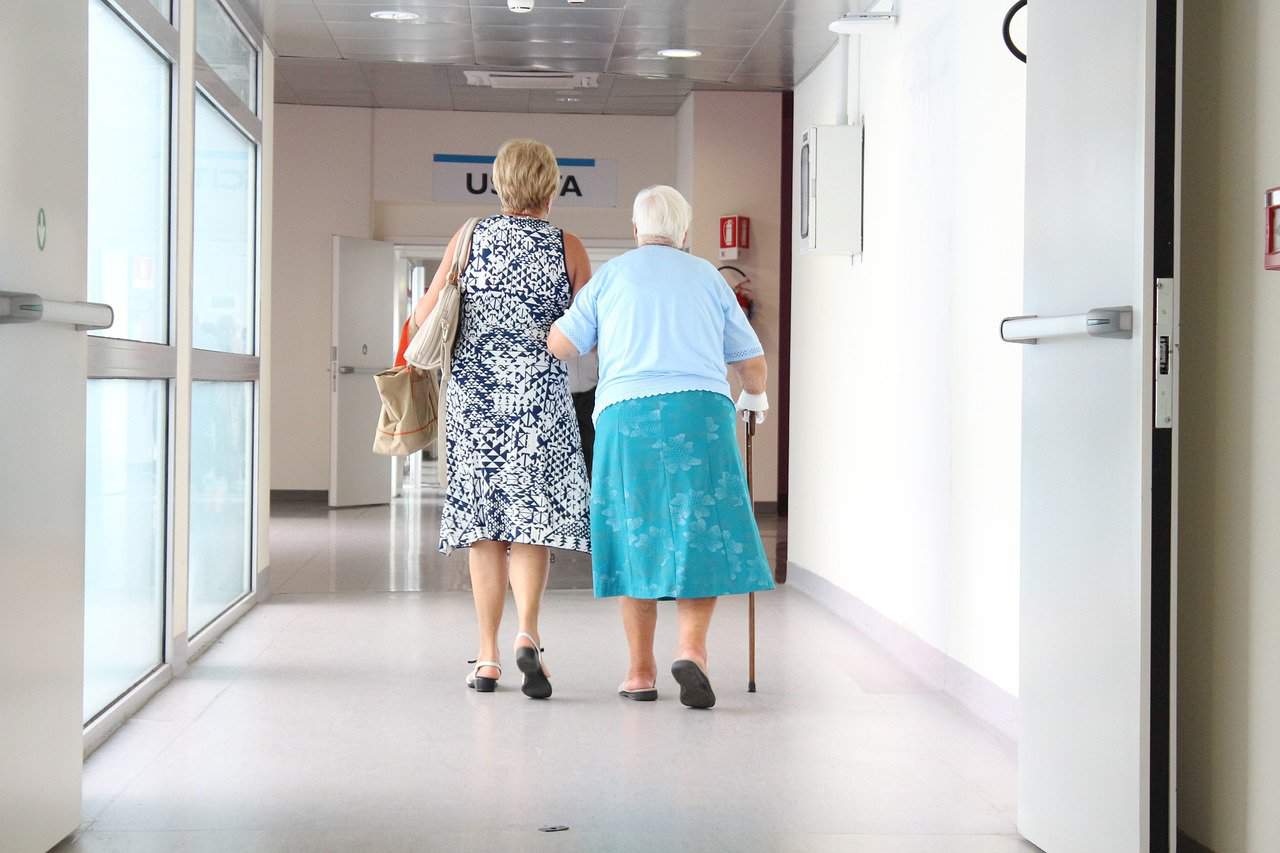By Ramy Sedhom, MD
The physical, emotional and social impact of cancer can often be overwhelming no matter what your age.
However, this is especially true for older adults and their caregivers.
At Penn Medicine Princeton Cancer Center, the new Geriatric Oncology Program is transforming cancer treatment and supportive care for older adults and working with patients and their caregivers to develop care plans that meet their unique needs.
Unique Challenges
As the United States population is aging and life expectancy increasing, a greater number of older adults are being diagnosed with cancer.
In fact, according to the National Institutes of Health, people older than age 65 make up almost 60% of all new cancer diagnoses.
And when confronting a cancer diagnosis, older adults often face challenges that are different from those faced by younger patients.
First, the very biology of cancer can vary by age. For instance, some cancers may present differently or be more aggressive in older adults while others may not present as great a risk as they do for younger adults.
Second, age-related declines in physiology may impact an older patient’s ability to tolerate therapy. Older adults with cancer often have other illnesses or conditions that can complicate treatment, and even those who are generally healthy may not be able to bounce back as easily as they could if they were younger.
In addition, older adults may be dealing with other issues that may make care more complicated, such as living alone, living on a fixed income or caring for a loved one themselves.
Moreover, older adults often have different goals and preferences for treatment than younger patients. In many cases, quality of life is more important than quantity of life.
Finally, historically, older adults have not been well-represented in clinical trials, which poses a challenge for oncologists attempting to match the latest treatments with older patients.
With all these factors combined, older adults require specialized care to ensure they are receiving appropriate treatment that aligns with their goals and wants.
Geriatric Assessment
A geriatric assessment is an evidence-based tool that doctors are increasingly using to evaluate an older adult’s health and well-being prior to cancer treatment.
It can help uncover issues not normally identified during traditional exams performed during cancer care and looks at factors such as physical functioning, nutrition, fall risk, depression and cognitive impairment, all of which can influence treatment decisions and outcomes.
Additionally, during a geriatric assessment, the doctor will talk with the patient and caregivers about goals, values and end-of-life preferences.
Research shows that geriatric assessments have a variety of benefits for older adults with cancer, including improved communication, fewer unplanned hospital and emergency room visits, and improved quality of life and well-being.
Both the American Society of Clinical Oncology (ASCO) and the National Comprehensive Cancer Network (NCCN) recommend geriatric assessments for people 65 or older with cancer, who are considering cancer treatment.
If you have been diagnosed with cancer, talk with your oncologist about performing a geriatric assessment to ensure your treatment plan meets your specific needs.
Comprehensive Cancer Care for Older Adults
The first of its kind in the region, the new Geriatric Oncology Program at Penn Medicine
provides comprehensive cancer care to people over 65.
The program aims to transform cancer treatment and supportive care for older adults by expanding research opportunities, enhancing professionals’ expertise in geriatrics and increasing outreach to seniors in the central New Jersey community.
A grant from the Bristol Meyers Squibb Foundation will support the program’s efforts to
build a research infrastructure to design and implement clinical trials to improve the care of
older adults with cancer. It will also bolster an array of other crucial activities, such as:
- Recruiting multidisciplinary teams of professionals with expertise in geriatrics, including
clinicians, supportive care staff, and community health navigators. - Testing new treatments and care delivery models by bringing new research from Penn
Medicine’s Abramson Cancer Center to patients in central New Jersey. - Expanding geriatric competencies of Princeton Health staff through education and
increasing outreach to seniors through community health navigators.
When it comes to cancer care, especially for older adults, it is important to see beyond the disease and look at the whole patient. Personalized treatment, including a geriatric assessment, can help ensure that older adults receive care that meets their unique needs.
For more information about Penn Medicine Princeton Cancer Center or to find a physician affiliated with Penn Medicine Princeton Health, call 1-888-742-7496, or visit www.princetonhcs.org.
Ramy Sedhom, MD, is a board-certified oncologist and palliative care physician on the medical staff of Penn Medicine Princeton Health. He is an assistant professor of Hematology-Oncology in the Perelman School of Medicine at the University of Pennsylvania and co-leader of the Geriatric Oncology service line across the Penn Medicine System.

